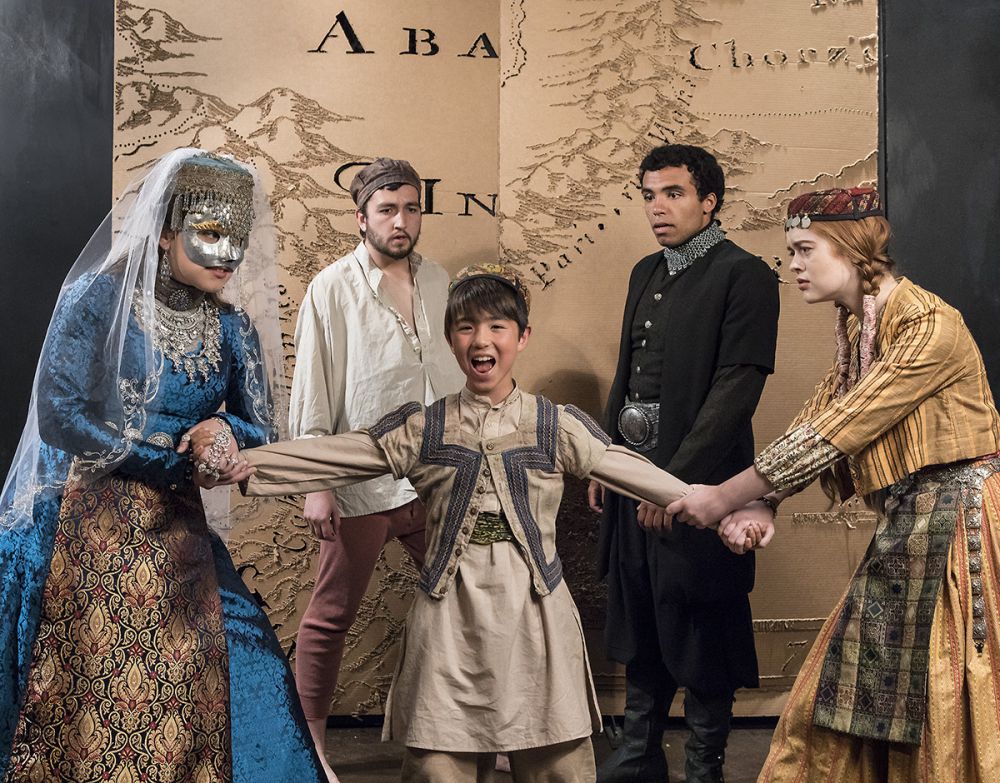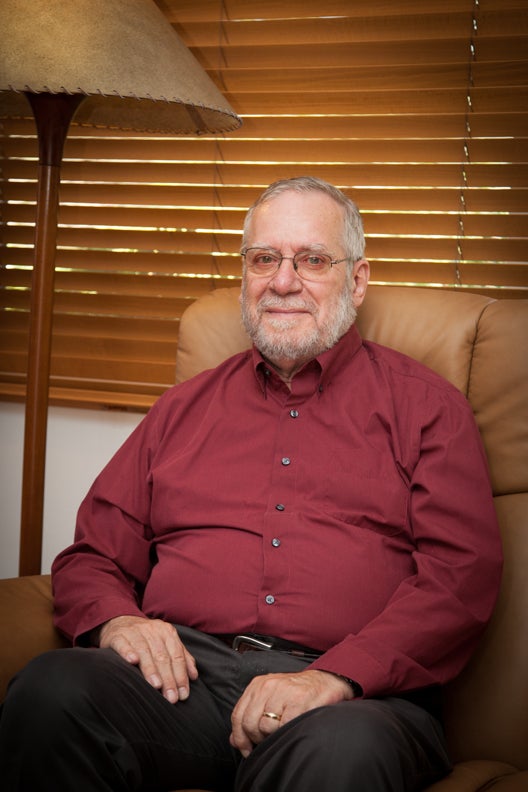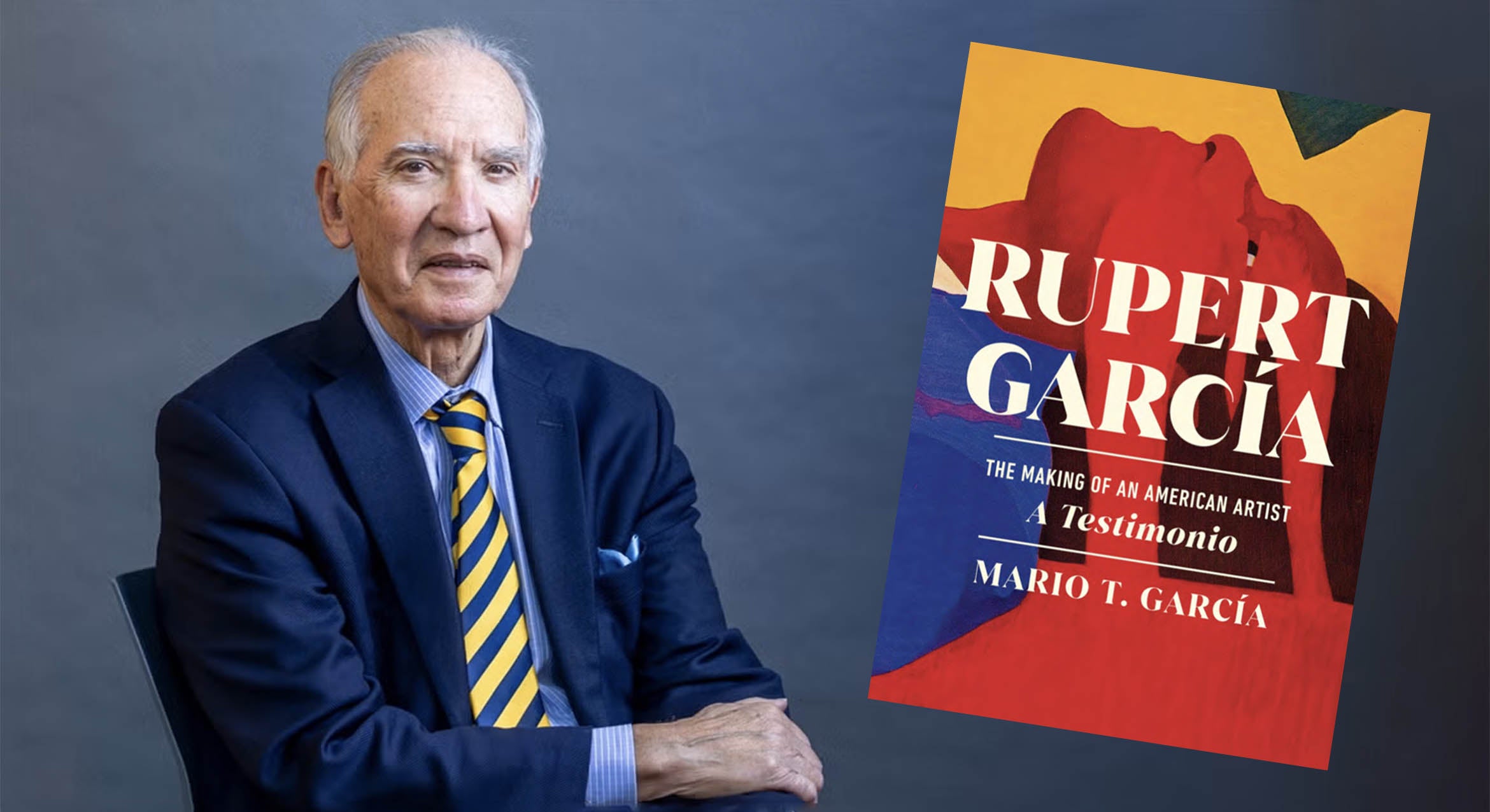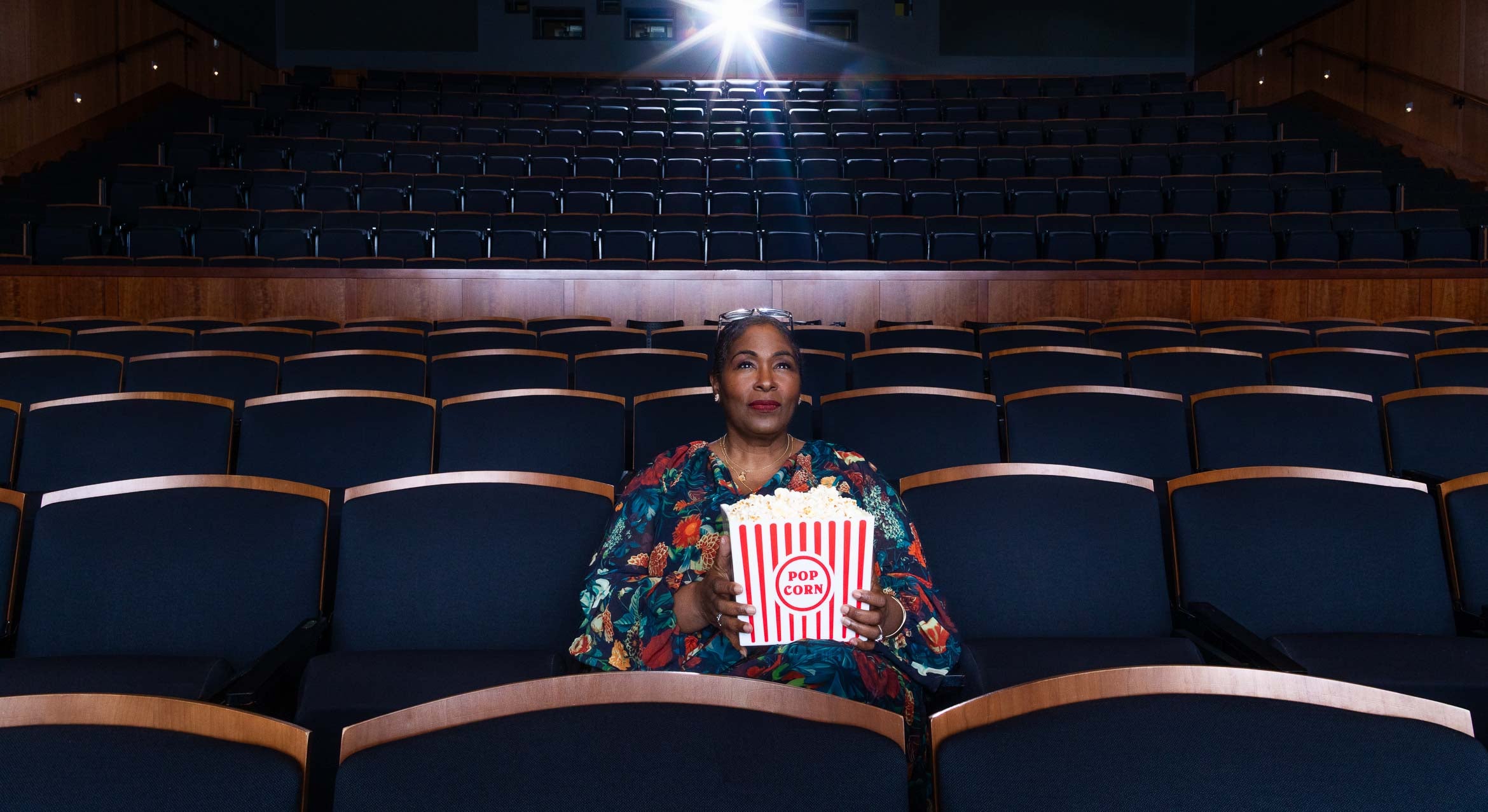
‘I Will Come Full Circle’

In 1968, Simon Williams was a lecturer at Pahlavi University in Shiraz, Iran, preparing to direct “The Caucasian Chalk Circle” by German modernist Bertolt Brecht. And then came a student strike. And then came the army to put it down.
“It was not suppressed in a gentle way,” recalled Simon, professor and interim chair of UC Santa Barbara’s Department of Theater and Dance.
All the foreign lecturers were quickly fired. “So we left and the last I saw ‘The Caucasian Chalk Circle’ I was on a bus going from Shiraz up to Teheran, and I was waving to all my cast, who had come to say good-bye.”
Fast-forward to the present. Williams will retire in June after 52 years of teaching. Before he goes, though, he’ll direct one last play: “The Caucasian Chalk Circle.”
“It was a very definite decision,” he said. “When I knew I was going to be directing I thought, ‘Yeah, now’s the time to do “The Caucasian Chalk Circle.” ’ I will come full circle.”
Brecht’s exploration of justice opens Friday, May 26, at 8 p.m. in UCSB’s Hatlen Theater. Other performances are Wednesday, May 31, at 8 p.m.; Thursday, June 1, through Saturday, June 3, at 8 p.m.; and Sunday, June 4, at 2 p.m.
“The Caucasian Chalk Circle” is something of a theatrical oddity. Williams calls it one Brecht’s greatest works, but it’s rarely staged. Part of the reason is logistics. Truly an epic, there are 97 parts — UCSB’s production covers all of them with a cast of 26 — and the play includes numerous short scenes that need to flow together.
It also has a tonal shift in Act 4 that, according to Williams, can seem jarring. “The first half is melodrama,” he said. “The second half is violent satire.”
Set in the Caucasus, the mountainous region between the Black and Caspian seas that includes Georgia, Armenia and Azerbaijan, “The Caucasian Chalk Circle” tells the story of Grusha, a kitchen maid who takes in an abandoned infant and flees into the mountains, all the while suffering numerous trials and hardships in the first three acts.
In Act 4 Brecht introduces Azdak, a former court scribe who takes the story in a new, but pivotal direction. Through cunning and some wicked satire, he becomes the character on whom Grusha’s fate depends. “This absolutely wild creature Azdak comes in and becomes the great justice of Grusinia. Then it’s only in Act 5 that the two parts come together.”
Williams notes that some productions omit Act 4 in a mistaken effort to spare the audience the play’s shift in tone. “I just cannot imaging how they can do that,” he said. “You have to have Act 4. The whole philosophy of the play sort of depends on knowing who Azdak is and his rather strange, whimsical idea of justice. But once you get that, then the ending becomes particularly rich.
“The ending of the play, where eventually she gets everything she wants, which is wonderfully optimistic, is one of the greatest scenes in theater,” Williams continued. “It has a dramatic sharpness, but also it has an intellectual quality. The ideas that are there are very easy for the audience to follow. And it’s very entertaining.”
As for Williams, his next act begins soon after the curtain falls on “The Caucasian Chalk Circle.” After more than five decades of teaching, including the last 33 at UCSB, he’ll step away from academia to see the world and write. “I’m going to travel quite a bit,” he said. “It’s one of the reasons I want to retire now. There are lots of places I want to go, and I may as well go while I’ve still got the capacity to do it.”
The British-born Williams, whose lush accent echoed through 15 years of Graduate Division commencement ceremonies, came to UCSB in 1984 unsure if he’d stick around. “I swear when we came here there were cows and sheep walking around the campus,” he joked. “It’s grown, but I don’t feel it’s completely an alien place to where I was before.”
Indeed, although the theater and dance department has seen a nearly total turnover of faculty since Williams arrived, little has changed there, he noted. “It’s a very interesting thing that the culture of the department has not changed that much,” he said. “And that’s a compliment, because the culture of the department has always been very civilized. It’s always cultivated its social relations very carefully.
“One of the things I liked about coming here, which was one of the reasons I stayed, is it was calm, it was very well organized,” he continued. “I think the students here get an extraordinarily good education in theater — and an education through theater. Much better, actually, than anywhere else I’ve been.”



